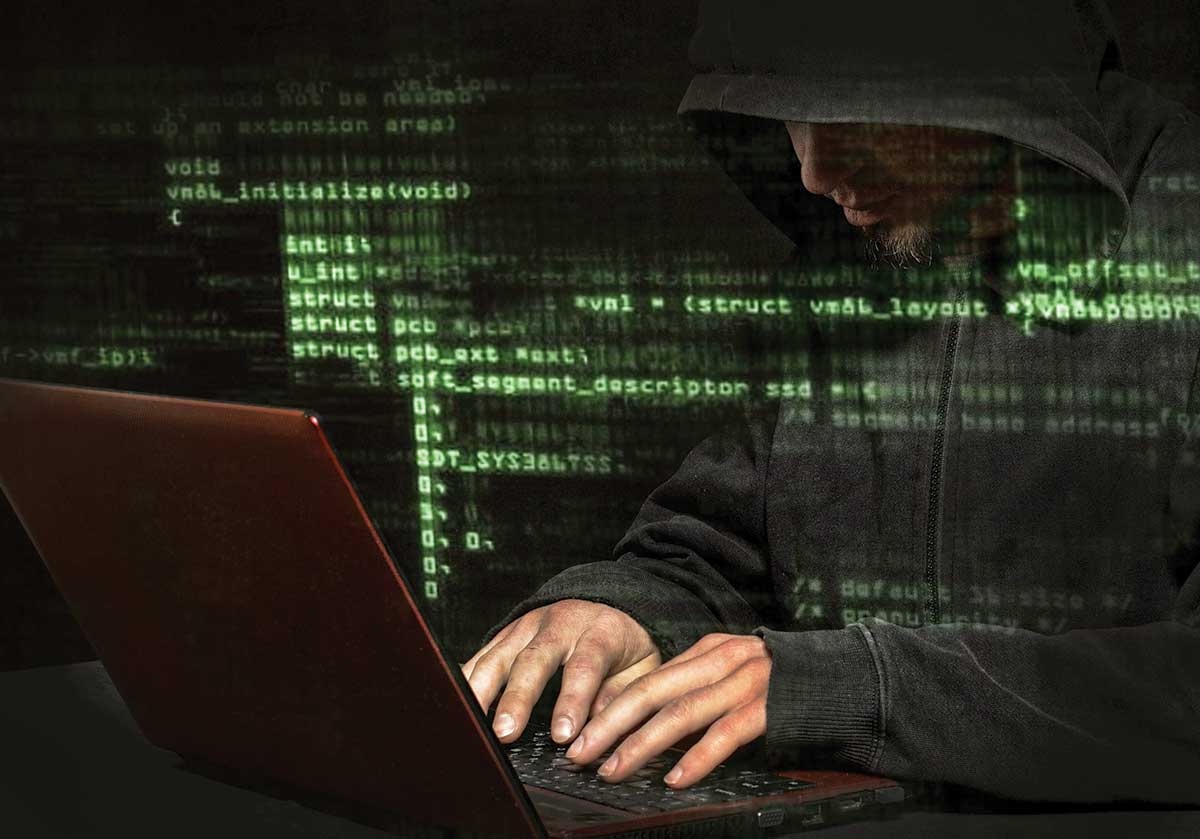


The revelation that its military faced 9,200 cyberattacks in the first half of 2025 alone, a 44 per cent increase on last year, is as sobering as it is impressive. None of the incursions caused damage, a fact that Seoul was quick to trumpet, but the sheer volume of attempts points to a wider problem: cyberspace has become the modern battlefield, and one where no country can ever truly declare victory.
The picture emerging from Seoul should be read in precisely the same light: an advance warning of where our own vulnerabilities lie.
South Korea has long been on the digital front line. Its proximity to North Korea, which maintains one of the world’s most aggressive state-sponsored hacking units, leaves it constantly exposed. Pyongyang’s cyber operatives are believed to have stolen hundreds of millions of dollars in cryptocurrency to fund weapons programmes, and they are just as active in probing the South’s military networks for vulnerabilities.
But it would be wrong to view this as solely a North Korean phenomenon. China, too, has been accused of cyber espionage targeting South Korean infrastructure, often for industrial or strategic gain. Russia’s hand is less visible in Northeast Asia, but the Kremlin has repeatedly demonstrated its willingness to wage digital warfare from Ukraine to the Baltics. In short, Seoul is in the crosshairs of all three of the world’s most notorious cyber powers.
That every single one of the 9,200 attacks was repelled may look like a triumph, but it should also raise questions. Defensive systems are, by their nature, reactive. The fact that no breach was reported is not the same as saying none occurred. Cyberattacks often work by stealth, embedding themselves within networks for months or even years before detection. South Korean officials may yet find that some intrusions slipped through the cracks, particularly if hostile actors were probing for long-term access rather than short-term disruption.
Moreover, the sheer scale of the assault suggests an adversary testing defences repeatedly in the hope of eventually finding a gap. This is not dissimilar to a burglar rattling every window and door of a house, night after night. One evening, the lock will give way.
South Korea’s experience ought to be taken as a cautionary tale by its Western partners. NATO, for example, has repeatedly warned that a large-scale cyberattack could trigger Article 5, the Alliance’s collective defence clause. Yet as recent incidents in Estonia, Latvia and even Britain’s own NHS have shown, the line between nuisance and existential threat is blurring.
If a hospital system can be paralysed by ransomware, or an air traffic control network disrupted by malware, the knock-on effect can be as severe as any traditional attack. Imagine the impact if a cyber operation managed to disable the South Korean military’s early-warning systems, just as North Korean artillery fired across the border. The risk is not hypothetical; it is precisely the scenario adversaries are planning for.
For Britain, the news from Seoul has resonance. The UK has invested heavily in its National Cyber Force, a joint military-intelligence unit tasked with both defending against and launching offensive cyber operations. But the vulnerabilities remain legion. From the parliamentary email hack of 2017 to ransomware attacks on local councils, Britain has been repeatedly shown that even relatively unsophisticated intrusions can wreak havoc.
The South Korean numbers are a reminder that cyber conflict is not occasional but relentless. If the UK were subjected to 9,200 separate attempts in six months — the equivalent of more than 50 a day — one has to wonder whether Britain’s systems would stand up quite as well.
This is where South Korea’s experience dovetails with Britain’s broader military malaise. The Army has shrunk to its smallest size since the Napoleonic era. Recruitment is failing to keep pace with departures. Procurement delays mean ships and aircraft arrive late, over budget, and often already outdated. And yet all the while, Britain’s digital backbone — the financial system of the City, the national grid, the NHS — remains wide open to attack.
Defence is not just about battalions and brigades. It is about ensuring that an enemy cannot bring the nation to a standstill with a few lines of malicious code. Britain’s adversaries understand this. Whether it is Russia probing for weaknesses in our energy networks, China scouring our universities and corporations for intellectual property, or criminal gangs holding hospitals to ransom, the threat is already here.
South Korea’s 9,200 attacks in six months are not just a statistic; they are a warning. Seoul may have blocked every one — at least for now — but that is no guarantee for the future. Nor is it a model neither Britain or the EU can take for granted.
If Whitehall continues to treat cyber as a niche concern, secondary to tanks and jets, the country will pay a heavy price. The country that prides itself on standing shoulder-to-shoulder with allies could find itself paralysed not on the battlefield but in the boardroom, the hospital ward, or the power station.
South Korea has shown us what the new frontline looks like. We ignore it at our peril.
You must be logged in to post a comment.
Trump’s Belarus overture risks confusing NATO at a fraught moment